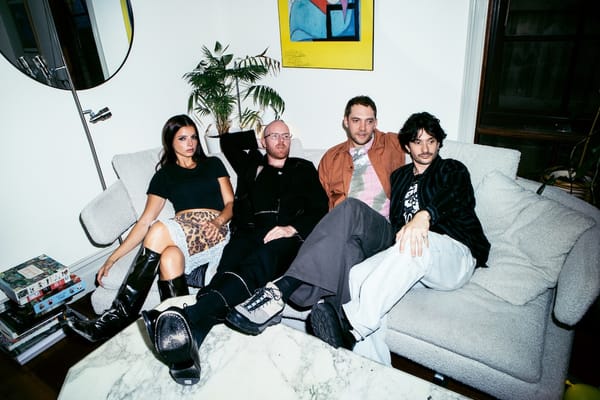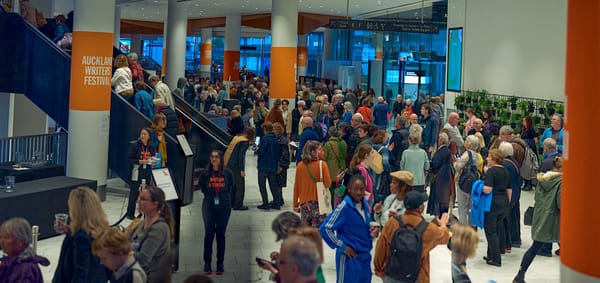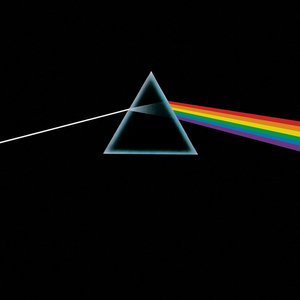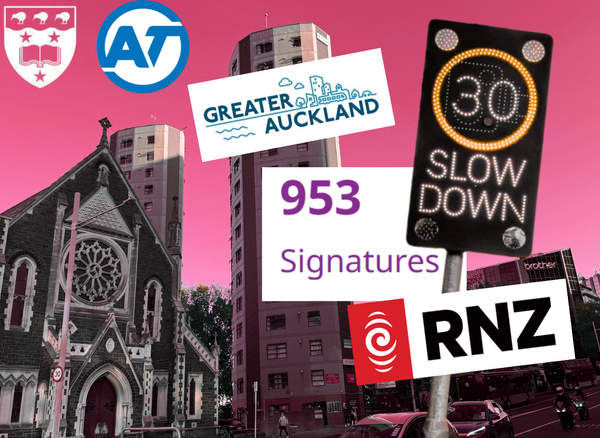Will Kiwi Artists Ever Be Royals?
When the Government slashed $42 million from Aotearoa’s arts sector, it was our artists and rangatahi who paid the price. This NZ Music Month, read about how defunding the arts is costing us more than we realise.
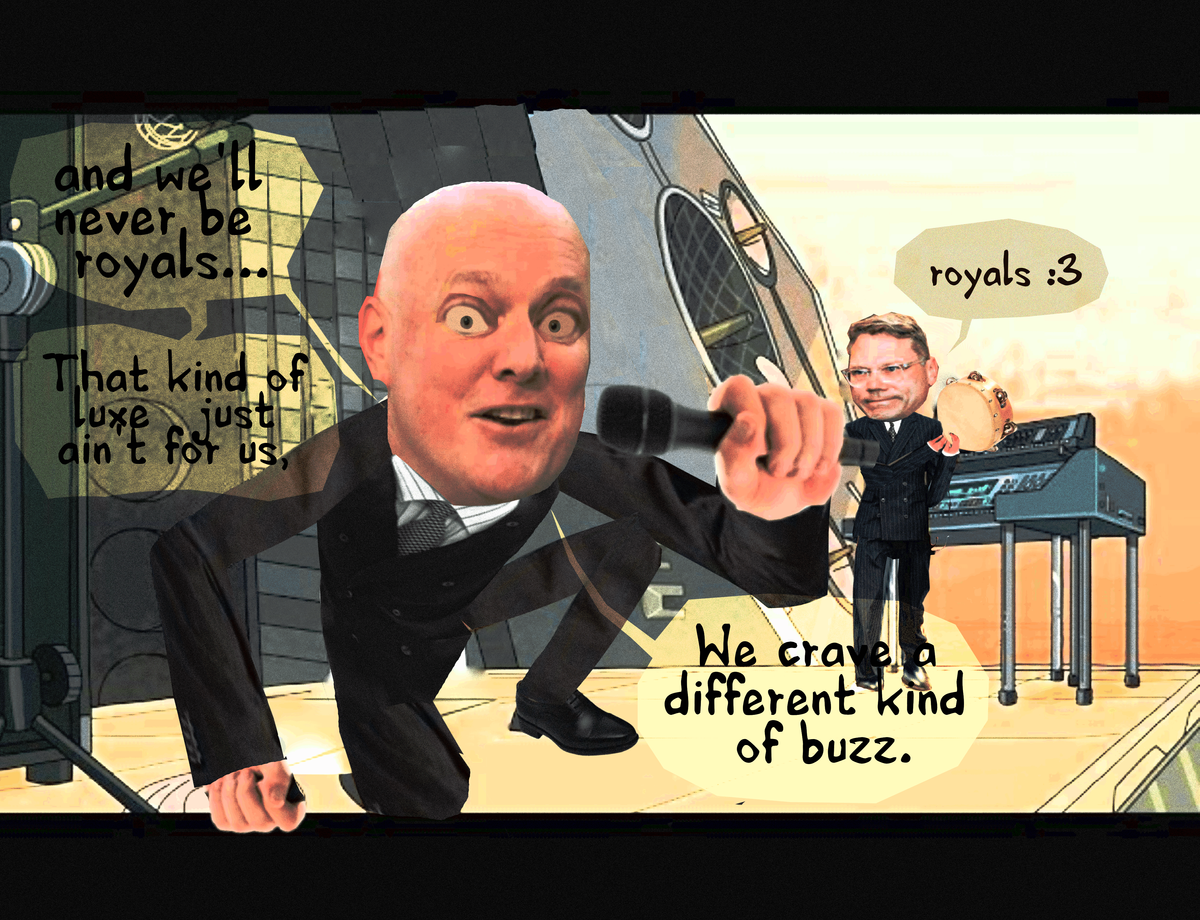
In 2024, the Government announced they were cutting $42 million in funding from the Aotearoa arts sector.
I remember sitting in the office of a music-centred nonprofit on the day the new budget was announced. A strange feeling settled over the room as my supervisor read the document aloud.
The final few weeks of my internship saw me drowning in Microsoft Excel, putting together databases and spreadsheets of potential organisations we could partner with to fill the massive funding gap left by the Ministry for Culture and Heritage. Creative New Zealand could only hand out so many grants, and their applicant pool had just about tripled once the government pulled their financial support.
The following month, I began working at a rangatahi-focused nonprofit that provided programmes and opportunities for youth to explore careers in the creative industries.
But six months later, the same lack of funding would lose me, my manager, and our CEO our jobs, leaving an irreversible dent in our ability to support young artists pursuing their dreams.
But this cut was bigger than me. Bigger than my coworkers, politics, and even the arts industry itself.
The Government’s defunding of the arts is an Aotearoa-wide problem. One that is directly affecting our rangatahi’s lives and futures, yet no one seems to care.
Creativity gives people space to share stories, to connect, to be courageous enough to imagine a world in which they are not alone. When funding is cut, those spaces shrink. Programmes disappear. Voices go unheard.
Those who can afford music lessons, instruments, studio hire fees, and industry connections will still have access to the arts—it’s our most vulnerable who won’t be able to exercise their right to freely express themselves.
If the Government actually took the time to talk to artists, they would find that the very voices they are silencing come from the communities who need their help the most.
The Prime Minister has been quick to champion “back to basics” education, even supporting schools in cutting arts and music activities to focus on maths and literacy.
Now, Mr Luxon, Imma let you finish, but first, let me share with you a story from my time at that youth arts nonprofit last year.
In a programme that supported rangatahi Pasifika into live events careers—sound ops, lighting techs, production staff—one young person said to me, “I never knew this was a real job for someone like me.”
He was still a high schooler. Quiet. Observant. Sharp. He wasn’t talking about fame or stages or headlines. He was talking about the simple possibility that a creative life could be his reality. That he could work in music without having to be the face of it. That he could earn a living doing something that made him feel more himself.
That’s what arts funding does. It unlocks futures. It gives people access not just to resources, but to belief. It says: your voice is valid, your vision is possible.
And that message matters most when it’s told to someone who’s never heard it before.
When the funding goes, the message goes with it.
The worst part is, we’re made to feel like wanting this kind of support is selfish or unrealistic. As if music isn’t a “real job.” As if we should just be grateful to exist in a system that barely acknowledges us. But the reality is, our sector is full of people doing the most on the absolute least, and still making art that moves, shifts, and changes the world.
As a young creative, I’ve watched too many beautiful, impactful programmes shrink or shut down completely. Not because they weren’t working. Not because the young people weren’t showing up. But because they were running on empty—and when your funders disappear, there’s only so long you can keep the lights on.
Still, we keep going. Because the mahi matters. Because the kids matter. Because even on the days where it feels like no one else is listening, we’ve seen the way music gives people back to themselves.
So how can you support your local, underfunded artists, or the programmes that support them?
Go to their gigs. Buy their merch. Purchase their music. Share their work. Tell your friends. Engage with them on social media. Amplify them when they release new projects. Donate to crowdfunders if you’re able. Volunteer your time or skills if you can’t.
Much like our other democratic freedoms, artistic expression needs to be prioritised, nurtured, and protected. It’s not something artists pull out of a hat. There is no clearer sign of a free country than our artists, the work they create, and the freedom all New Zealanders have to engage with it.


